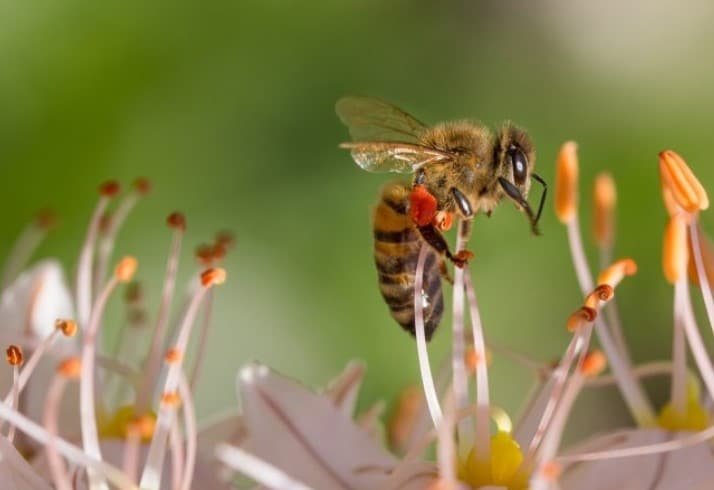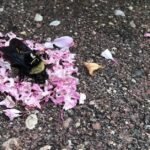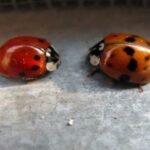We’re all witnesses to a bees genocide that’s happening right in front of our eyes. Colonies of bees are disappearing from the face of the Earth and pollution seems to be the main culprit. Still, we pollute the soil, water, and air constantly, destroying millions of bees and other living things in the process.
It should be stopped, of course. Scientists from the Royal Geographical Society of London and the Earthwatch Institute have recently declared the bee the most important living being on the planet. Five eminent scientists debated its environmental impact, concluding that no other living being including fungi, planktons, and primates are more important than bees. Of course, all animal and plant species are vital for our ecosystem, but the bees carry the most weight. Plus, the debate was a way of raising awareness about bee conservation, and the audience voted to save the bees by any means.
Votes to Save the Bees
Professor David Thomas was the first one to vote for the species most important to our ecosystem, naming the plankton. It certainly deserves a high spot, but Dr. George McGavin voted for bees and had a more compelling argument. They only had five minutes to present facts, and Dr. McGavin made a good point at how over 250,000 plants depend on bees. These species are essential to our world’s agriculture. Without them, we wouldn’t have flowering plants or certain fruits and vegetables.
As a matter of fact, over 70% of the world’s food supply relies on bees. Their pollination is key for the reproduction of plants which in turn becomes food for millions of different animals and humans. Bees increase the yield of over 90 crops. Those include blueberries, apples, cucumbers, and more. Cotton is another plant pollinated by the bee, which extends to other industries than food alone.
Additionally, many birds and animals feed on berries and seeds, and without them, they would die from starvation. Without them, predators up the food chain will also starve. The problem is that bee populations are in the downfall, and a world without bees will be a catastrophe.
Dr. McGavin’s presentation essentially decided the vote in the bees’ favor. The Earthwatch Institute voted to save the bees all over the world, with a full plan to come up later. And they were right to do so. Albert Einstein once said that a world without bees will only have about 4 years before it crumbles. Unfortunately, we haven’t done a lot to save the bees. Deforestation, pollution, and the use of heavy pesticides in the soil are destroying bee colonies from around the world.
Luckily, the Earthwatch Institute is trying to do something about it. But, we could all do more to save the bees. This means prohibiting the use of toxic pesticides, using natural agriculture alternatives, and doing our best to preserve the health of bees. If we all pull our own weight and pressure governments into abandoning harmful practices, bees would survive, and with them, our world will survive as well.






